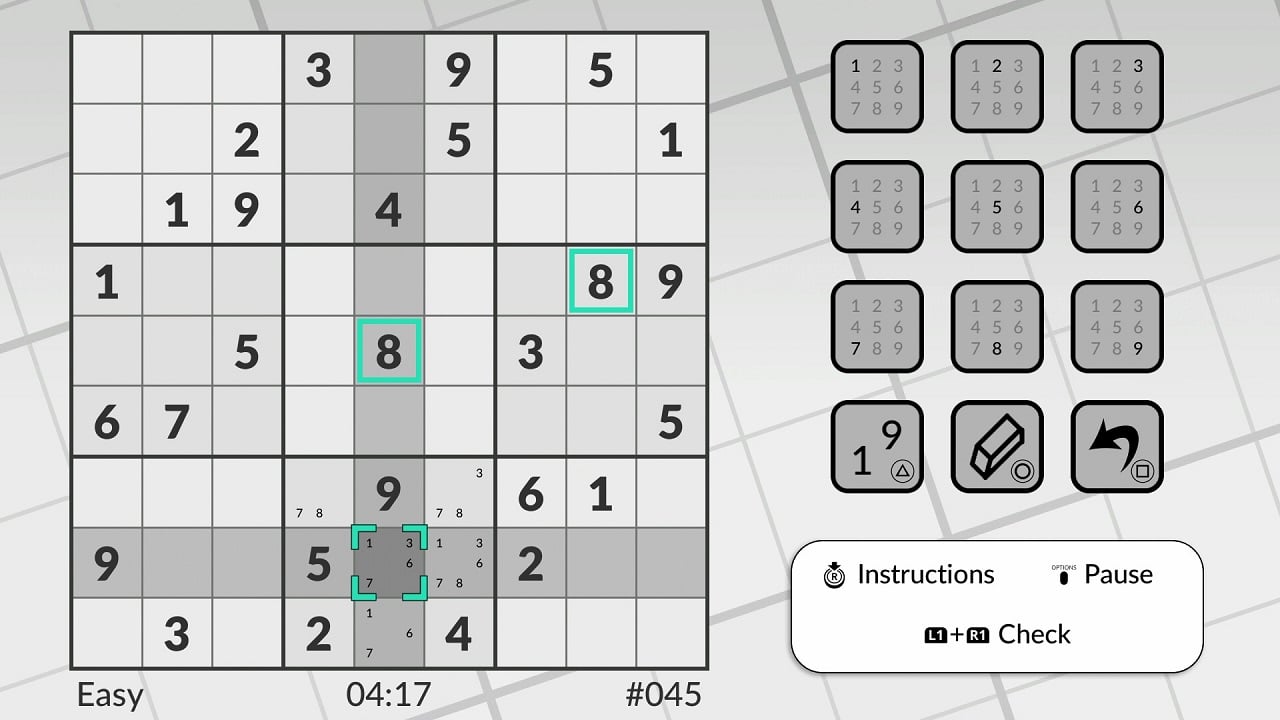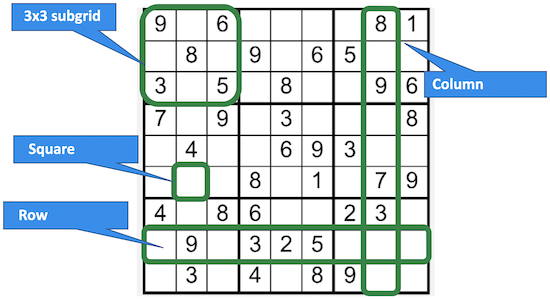


Things like crossword puzzles don’t really translate well into Japanese, so number-based puzzles are more popular and accessible. Part of the appeal here is not just due to how fun Sudoku is, but also the nature of the Japanese language. Sudoku is a shortened version of the expression “Sūji wa dokushin ni kagiru” meaning, “the digits are limited to one occurrence.” In the mid-80s, the game first started to catch on in Japan, under the name “Sudoku”. Sudoku TodayĪt this point, though, we still have a few questions to answer: Where did the name Sudoku come from, and how did it get so popular? For the first answer, we finally get to understand the Japanese connection.ĭell and other puzzle magazines had always traditionally done well in Japan. Garns was a freelance puzzle maker at the time “Number Place” got started, and while he was wasn’t credited on those initial puzzles, there’s plenty of anecdotal evidence suggesting that he was working on the idea at the time. There’s a bit of a question on who exactly came up with the idea, but the common belief is that Howard Garns, a retired architect who passed away before Sudoku became a global phenomenon, was the one. Dell Pencil Puzzles and Word Games had been putting out crosswords and other puzzles for decades to this point, and the first record they have of putting out a Sudoku puzzle is in 1979, under the name “Number Place” (they still use this name today). Related post: The History of Crossword Puzzles The History of Sudokuīut how does something originally created in the late 19th century become a worldwide phenomenon? The first example we see of modern Sudoku becoming a thing is in New York City in the 1970s. Regardless, we can see how the idea of arranging numbers via a pattern in a grid, then removing some to become a puzzle, came to be.

Some of these were math-based instead of logic-based puzzles, meaning they weren’t really true Sudokus. Various French magazine publishers began experimenting with removing numbers from “Magic Squares”. The next time we see an early variant of Sudoku is in France in the late 19th century. At the time, this was more of a project rather than a puzzle, and the recreation potential of Sudoku wouldn’t be realized until some time later. His invention “Latin Squares” consisted of a grid where every number or symbol appeared once in each column. The closest thing we can consider to be the origin of Sudoku comes from Swiss mathematician Leonhard Euler, all the way back in 1783. The Sudoku name may conjure images of the Far East and some secret game or puzzle, but the actual origins are a bit less exotic. So here’s a little history of Sudoku to help clear things up. However, while immensely popular, a lot of people don’t really understand exactly where they came from, or what made them so popular seemingly out of the blue. The simplicity and accessibility of Sudoku puzzles is part of what makes them so fun. Your goal is to fill in the grid, so that each row and column, and each smaller 3×3 grid, all have the numbers 1-9 in them. Some squares have a figure, others are left blank. Whether you’re interested in testing your brain power, or just want something to help pass the time, Sudoku has become a staple of many people’s routines over the years.įor those who aren’t familiar with Sudoku, each puzzle has a grid of 81 squares, divided into nine blocks of nine squares each.


 0 kommentar(er)
0 kommentar(er)
